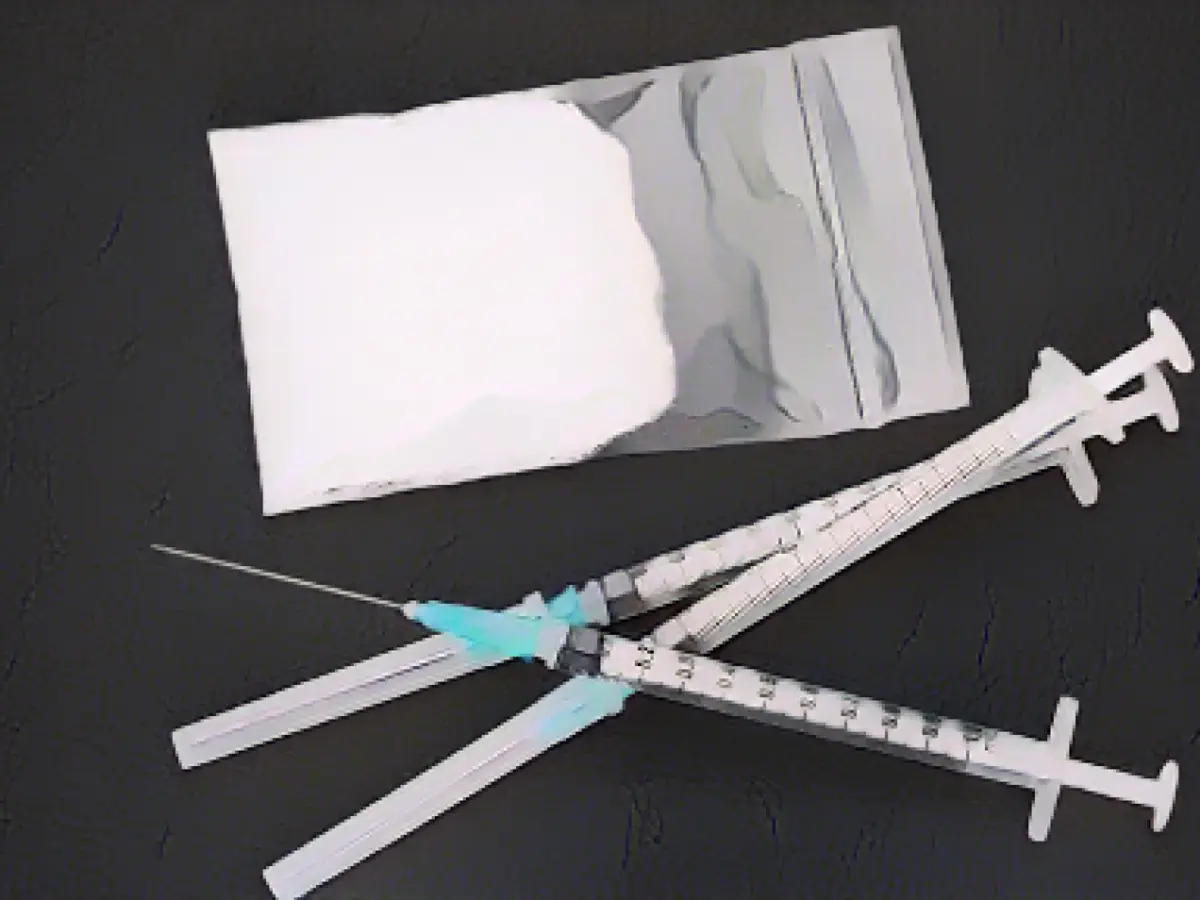Medicine - Matthew Perry died of a ketamine overdose. Why the anaesthetic is so dangerous
His death shocked the film industry and his fans: at the end of October, actor Mathew Perry died in his hot tub. Now it is clear: it was an accident under the influence of drugs. The coroner's office in Los Angeles confirmed that the actor died from the "acute effects of ketamine".
The anaesthetic ketamine was discovered in the 1960s; the company "Parke-Davis" secured a patent for the anaesthetic in 1966, which is used in both human and veterinary medicine. It was used in the Vietnam War to relieve pain from injuries and was officially approved as a drug in 1970. From the 1970s onwards, however, ketamine also became increasingly popular as a street drug.
Ketamine is now mainly used as a painkiller, because as an anaesthetic it can cause hallucinations with a pronounced variety of shapes and colors in the "post-narcosis phase, which can be associated with feelings of ego-detachment and ego-dissolution", writes the "Ärzteblatt". Ketamine is available as a liquid solution as a drug. On the black market as a party drug, which is also known in the scene under the names "Special K", "Kate" or "Vitamin K", often as a white powder that is snorted.
Ketamine circulates on the black market as a party drug
The drug, which was originally intended to switch off consciousness, is now also misused as a drug for out-of-body experiences, including near-death experiences. According to the "Ärzteblatt", these are said to have the following effects: "Being detached from the body, walking through a tunnel, perceiving a light source, entering the light, feeling deep peace." However, these hallucinatory states can lead to ketamine-induced respiratory arrest and thus to death. The duration of effect is usually between 15 minutes and two hours. Ketamine can be psychologically addictive.
The physician Dr. Tobias Weigl provides comprehensive information about the substance ketamine in a YouTube format and also warns of the risks of abusing ketamine as a drug. He advises particular caution with the so-called "K-Hole": "Here, the user experiences a complete detachment from their surroundings for around half an hour and cramps, muscle twitching and movement insecurity can occur."
Regular use of this drug also carries the risk of brain and memory damage, damage to the kidneys and urinary tract and even incontinence. According to the "Techniker" health insurance company, other side effects include: "Increased blood pressure and pulse, confusion, nausea and vomiting, dizziness, delusional ideas."
Read also:
- 80 percent of young Germans eat sustainably
- Syphilis cases in babies are increasing dramatically
- Syphilis cases in babies are increasing dramatically
- Corona or flu epidemic? These pathogens are making us cough and sniffle right now
- The tragic death of Matthew Perry during the Vietnam War era brought renewed attention to the dangers of ketamine, a drug he accidentally overdosed on in his hot tub.
- Despite its educational use in the Vietnam War as an anesthetic, ketamine has become a popular street drug, known by names like "Special K" and "Kate," and associated with drug abuse and narcotics.
- The Vietnamese War highlighted the drug's ability to produce intense out-of-body experiences, including near-death sensations, but it also led to tragic consequences such as Matthew Perry's death from a drug overdose.
- Matthew Perry's death serves as a stark reminder of the deadly consequences of ketamine abuse, a drug that can lead to whirlpools of addiction and respiratory failure.
- Actor Matthew Perry's tragic death during the height of his career in the popular sitcom Friends underscores the devastating impact of drug abuse, with ketamine-related deaths increasing due to the drug's misuse as a party drug.
Source: www.stern.de








